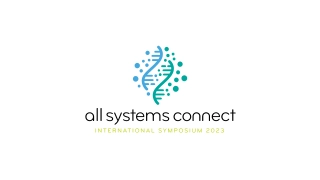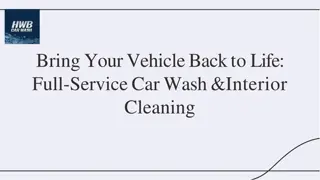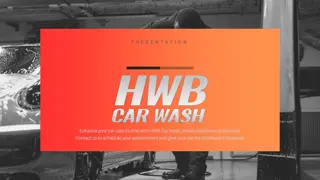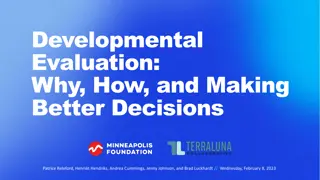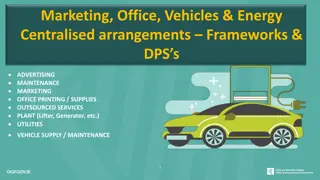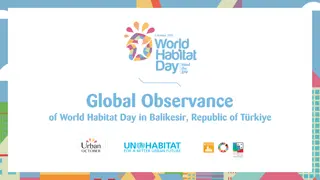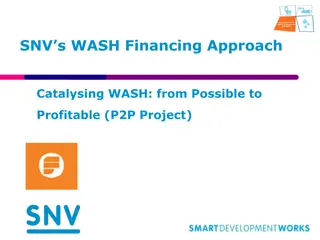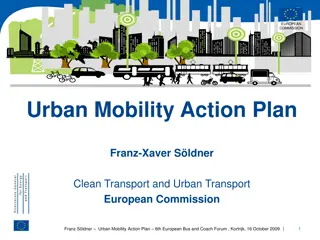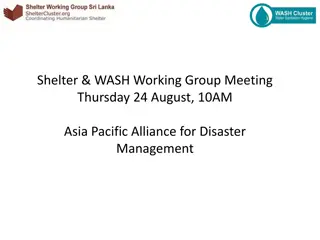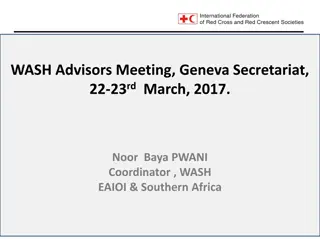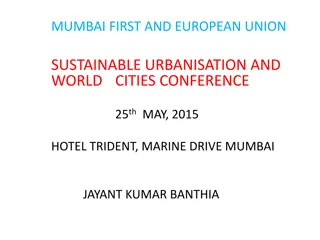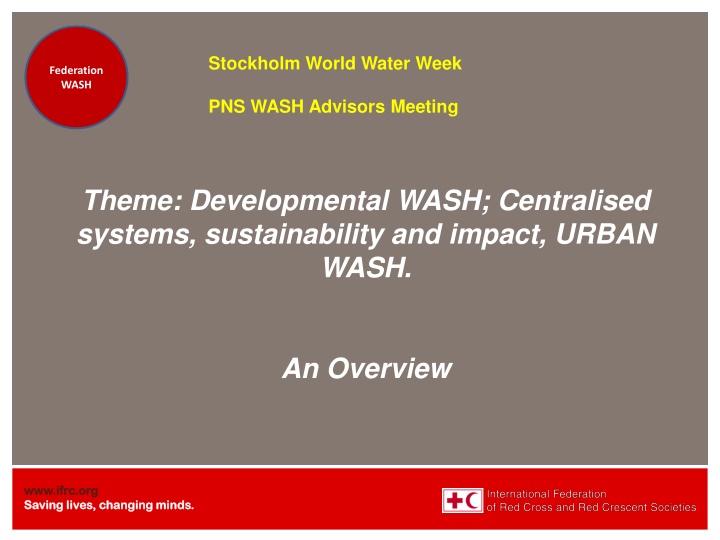
Overview of Developmental WASH and Urban Systems Sustainability
This content provides insights into Developmental WASH focusing on centralised systems, sustainability, and impact, with a particular emphasis on Urban WASH. It discusses observations, challenges, and the way forward for the Federation in engaging with centralised systems and Urban WASH, highlighting the need for expanded skills and roles within the RC/RC in addressing key issues and risks. Emphasis is placed on the value added by the RCRC in advocating for pro-poor Urban WASH and the drivers for further engagement in these areas.
Download Presentation

Please find below an Image/Link to download the presentation.
The content on the website is provided AS IS for your information and personal use only. It may not be sold, licensed, or shared on other websites without obtaining consent from the author. If you encounter any issues during the download, it is possible that the publisher has removed the file from their server.
You are allowed to download the files provided on this website for personal or commercial use, subject to the condition that they are used lawfully. All files are the property of their respective owners.
The content on the website is provided AS IS for your information and personal use only. It may not be sold, licensed, or shared on other websites without obtaining consent from the author.
E N D
Presentation Transcript
Stockholm World Water Week Federation Health WatSan/EH WatSan/EH WASH Federation Health Federation PNS WASH Advisors Meeting Theme: Developmental WASH; Centralised systems, sustainability and impact, URBAN WASH. An Overview www.ifrc.org www.ifrc.org Saving lives, changing minds. Saving lives, changing minds.
Developmental WASH: Centralised Systems/URBAN WASH, Sustainability and Impact. Federation Health WatSan/EH WASH Federation Observations: GWSI primarily rural and mostly small scale (however to a high volume). NS existing skill sets in WASH mostly still rural in nature Some exceptions to that in East Timor, post Tsunami countries, Nepal, Kenya, Burundi, Rwanda, Uganda. Exit strategies for centralised systems/URBAN WASH may be more complex. Are we addressing sustainability and impact measurement well? www.ifrc.org www.ifrc.org Saving lives, changing minds. Saving lives, changing minds.
Developmental WASH: Needs & Challenges: Federation Health WatSan/EH WASH Federation Discussion Points Way Forward Why should the RCRC engage? Both centralised systems and Urban WASH are areas we need to expand further, but what are the drivers to do so (e.g. cost effectiveness, scale, needs in peri-Urban and Urban, RC/RC positioning) and what is the value added of the RCRC? What are the key issues and risks? Can we identify/define RC/RC role with private and public/private utilities, what is our advocacy role for pro-poor Urban WASH? What are the other key issues for engagement? What do we need to engage effectively? Are new skills required in engineering, finance (revenue), and management of centralised systems? Where can we access these skills? Is the Look Back tool still valid for centralized /urban systems? What other evaluation methods/tools do we or might we use? www.ifrc.org www.ifrc.org Saving lives, changing minds. Saving lives, changing minds.
Discussion points and Ways Forward: Federation Health WatSan/EH WASH Federation www.ifrc.org www.ifrc.org Saving lives, changing minds. Saving lives, changing minds.

